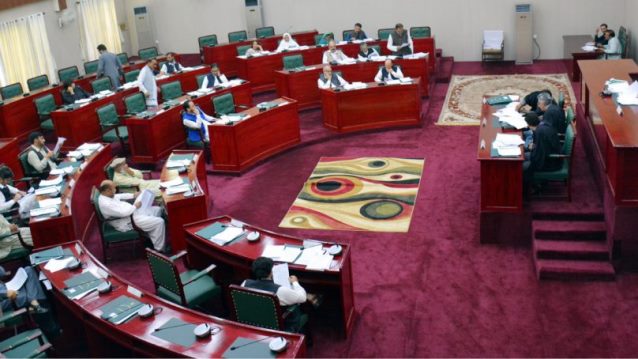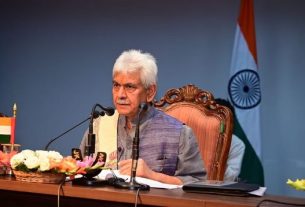Taking inspiration from the remarkable achievements of the ‘smart classrooms’ established in five high schools of Gilgit-Baltistan as part of the China-Pakistan Economic Corridor (CPEC), the regional government has decided to expand this concept to an additional 37 schools situated in the remote and distant areas of Pakistan’s northern region.
Furthermore, they have plans to implement this technology-driven education system in 130 more public-sector schools. A senior official from the education department of Gilgit-Baltistan (GB) told Gwadar Pro that in 2018, smart classrooms were established in five high schools located in Gilgit, Skardu, Sost, Altit, and Chilas as part of the CPEC initiative.
These classrooms yielded remarkable results for the students attending those schools. However, students from other schools or those studying from home were unable to reap the benefits due to the unavailability of reliable internet services in the region. Therefore, in December 2022, the Chief Secretary GB, Mohyuddin Wani, made the decision to replicate this concept in other government schools across the region. Initially, smart classrooms were set up in 37 additional high schools, catering to both boys and girls. The concept proved to be immensely beneficial as it not only addressed the issue of teacher shortages in government schools but also provided students from remote areas with access to world-class course content, the official explained. Muhammad Sajjad, the owner of GBeeTechive, the company responsible for installing smart classrooms in the 37 schools, shared with Gwadarpro that the basic idea was derived from CPEC’s smart classrooms.
However, they had to make modifications considering the constraints such as the unavailability of reliable internet and uninterrupted electricity in the remote areas. Muhammad Ayub, a Chinese language teacher who supervised the CPEC smart classroom in Government High School No. 1, Gilgit, from 2018 until a month ago, expressed that the results were incredibly impressive. The school experienced a sudden increase in student enrolment, along with heightened enthusiasm among the already enrolled students. In this impoverished and underserved region, the students had no prior exposure to computers. However, CPEC provided them with an opportunity to not only learn advanced digital systems but also access high-quality content in various disciplines. In a recent tweet by the Chief Secretary GB on June 6, it was announced that smart classrooms would be established in an additional 130 schools in July, thanks to a grant from the federal government.__Daily Times





